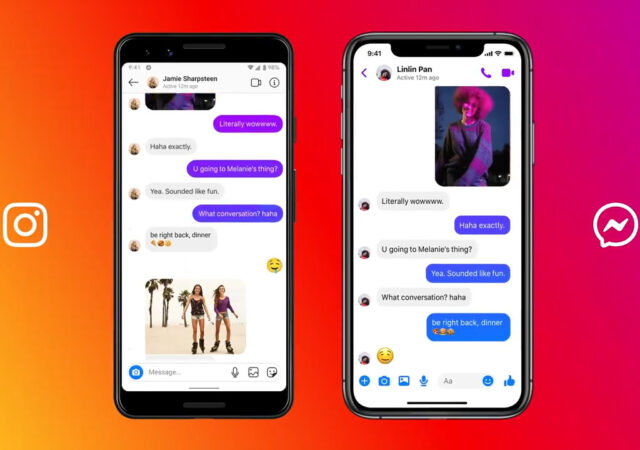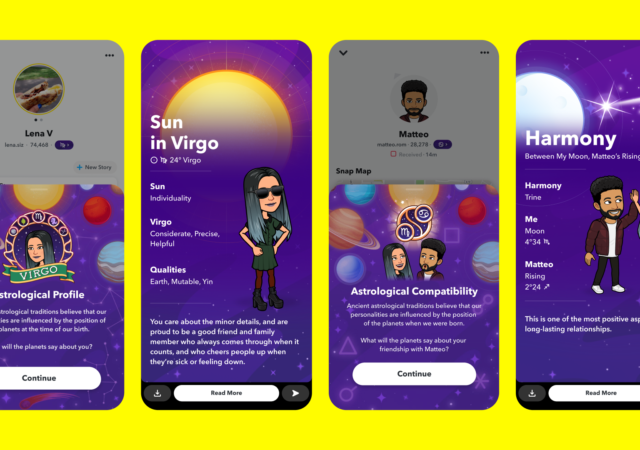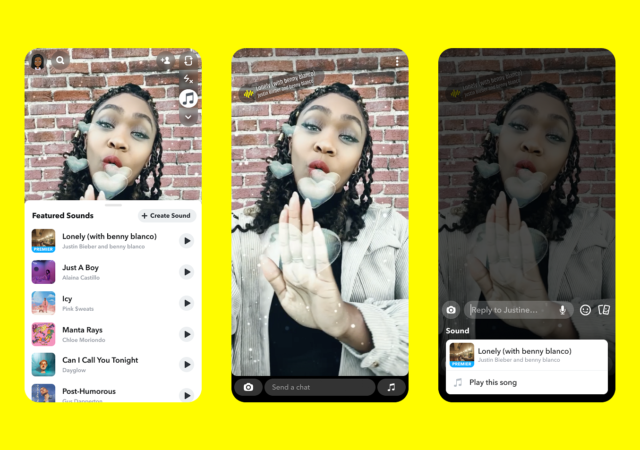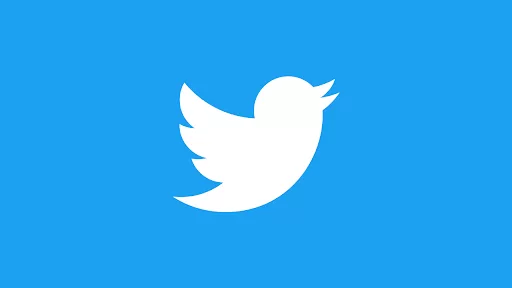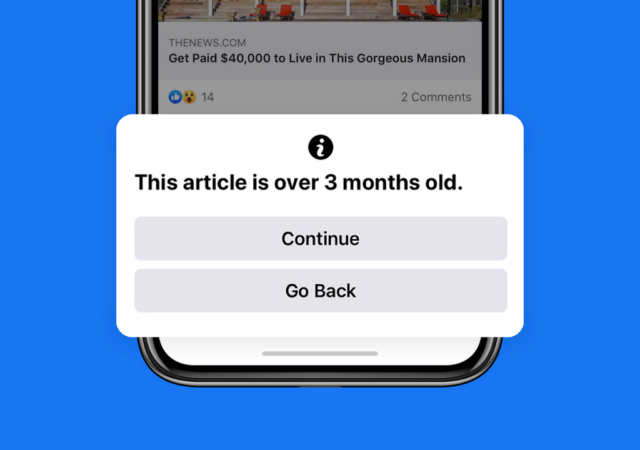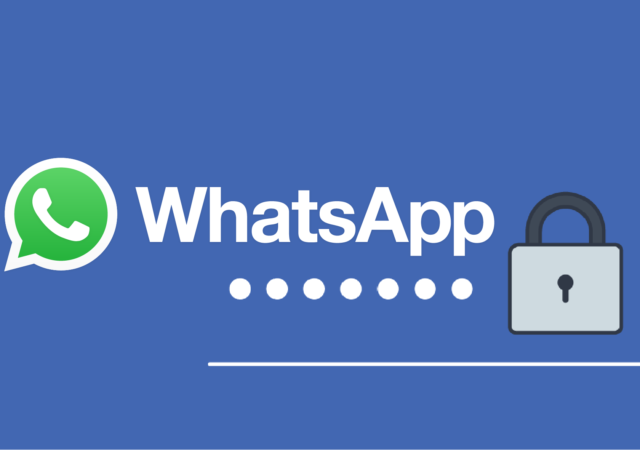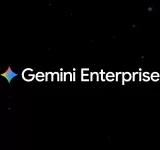YouTube experiments with machine learning and artificial intelligence to create chapters in longer videos on the platform.
Facebook & Instagram Get a Unified Messenger Experience
The Facebook and Instagram unification continues as Facebook’s Messenger App gets a tweaked icon to match the Instagram colours. This preceded a roll out of new functionality and themes for more expanded customization. Now Messenger’s iconic blue colour is becoming…
Know Your Horoscope with Snapchat’s New Astrological Features
Snapchat gets an astrological boost with new features that allow users to get horoscopes and compatibility readings based on their zodiac.
KRU Music Debuts Collaboration Exclusively on TikTok
KRU Music debits a collborative single on TikTok in conjunction with Maulidur Rasul.
Meet BLACKPINK at the “TikTok Stage with BLACKPINK” Livestream show
BLACKPINK takses the virtual stage on TikTok to meet fans and share behind the scenes stories for their first Korean album.
Listen to Justin Bieber’s New Single exclusively on Snapchat
Snapchat introduces a new Sounds feature to help combat the growing threat of TikTok with a collaboration with Justin Bieber.
Malaysia had a TIME-out, the World had Twitter Hacked for Crypto Scam
Two days ago, Malaysia faced a meltdown. No, not the nuclear reactor type. It was mostly rage against TIME dotcom Malaysia. If you are a user, you would know that you could not have access to your internet on the…
Facebook Fights Misinformation by Highlighting Stale News
Facebook introduces a new prompt to help users think before they share. The new prompt appears on outdated articles when users click share.
6 Simple Ways To Make WhatsApp More Secure
Keeping safe on WhatsApp can be a chore, here are 6 simple ways you can take control of your privacy and security on the platform.
Parenting Digital Natives
Social Media is the global language today. That also means freedom to information and the window to the world is just at one’s fingertips. This applies to children as well. Communication, in this case is an important part of a parent-child relationship.




